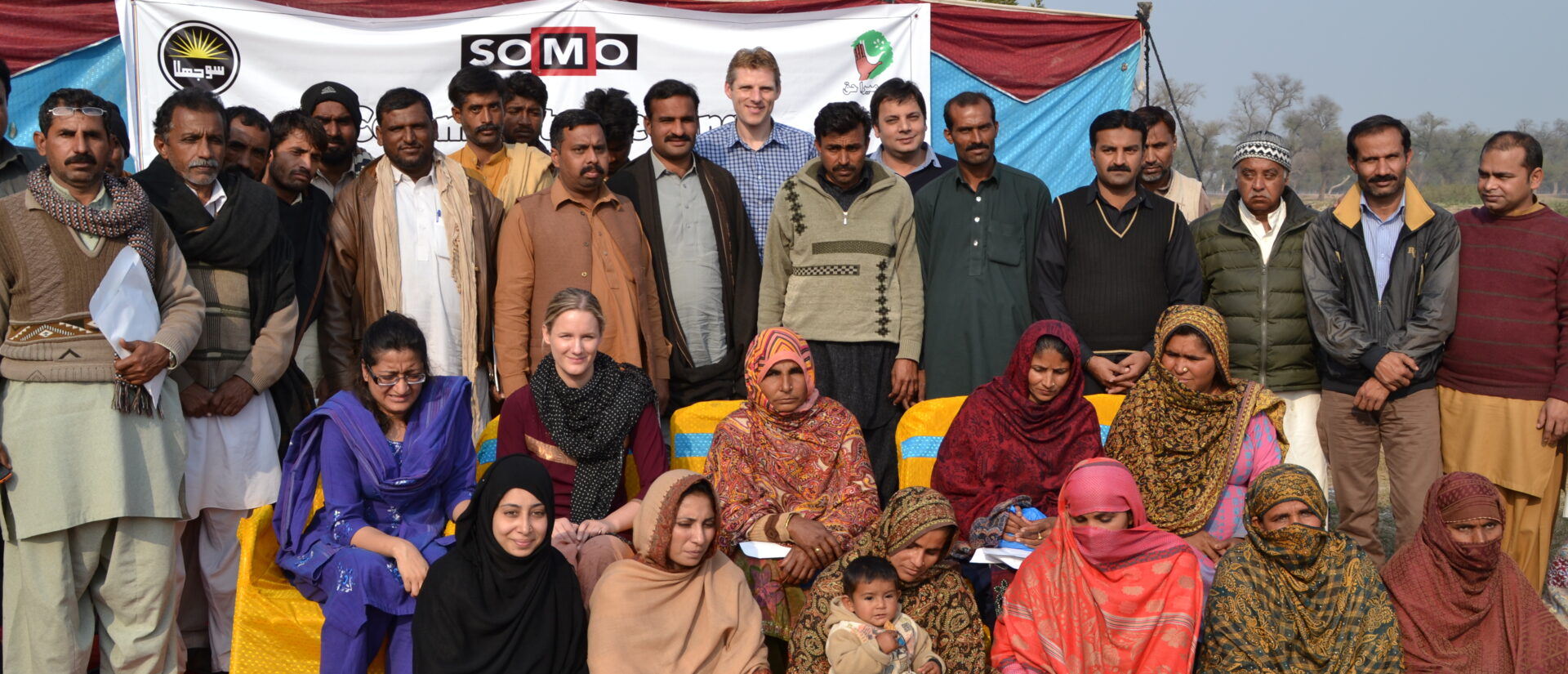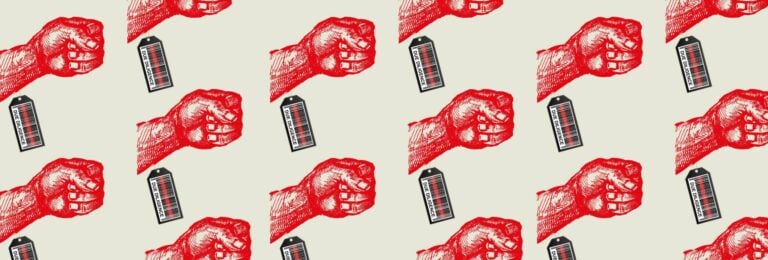
Much-needed SOMO training on the responsibility of multinationals in Pakistan
In Pakistan, where terror attacks, corruption, nepotism and human rights violations are the order of the day, Oxfam Novib Pakistan and SOMO are trying to support local NGOs in the (re)construction of their communities. Within this framework, SOMO organised a successful training in Pakistan last week, focused on corporate social responsibility (CSR) and how to hold companies accountable for how they conduct their business.
“The timing was perfect,” says SOMO researcher Mark van Dorp. “The training was completely in line with the current issues that the local NGOS face. The readiness to take action is considerable, but within the national context the possibilities for taking action are limited as there is no properly functioning legal system. NGOs in Pakistan are often not aware of the possibilities offered by international grievance mechanisms. The partners immediately started developing detailed plans for a follow-up.”
Corporate social responsibility
With a dedicated two-day training course and a community meeting SOMO researchers Mark van Dorp and Martje Theuws gave detailed information on the concept of ‘corporate social responsibility’, what to expect from companies and how companies can be held accountable. “It is important to organise it in a country in which CSR is often expressed in donations to charities,” Van Dorp explains. The programme is based on SOMO’s knowledge and experience in the field of multinationals in conflict regions.
Blind spot
One of the main economic sectors in Pakistan is the clothing industry. Working conditions are often very poor and similar to those in Bangladesh: employees are only given temporary contracts which means they cannot join trade unions and aren’t eligible for social securities. Only 3% of employees in Pakistan is organised. Wages are very low and the working days are long. Child labour is also common and many factories are unsafe. Where clothing manufacturers and international brands in Bangladesh are being addressed regarding their responsibilities, this is rarely the case in Pakistan. “Pakistan is a blind spot,” according to Van Dorp.
Another important economic sector in Pakistan is agriculture. This involves a feudal system in which landless farmers often completely depend on land owners: for loans to buy seed material to the sale of products such as sugarcane or cotton. The landless farmers are forced to use specific expensive seeds from Western multinationals that have been genetically modified in such a way that they only produce a single harvest. Moreover, the farmers face major health risks due to the unsafe use of pesticides, which eventually also leads to serious contamination of the ground water. Additionally, companies such as Nestlé and Pepsico extract large amounts of clean water from the soil as a result of which the water level in many communities has dropped to critical levels.
Citizens First
In Pakistan SOMO works closely with Oxfam Novib Pakistan, which has developed the Citizens First programme to provide citizens with the tools to hold their government and the business industry accountable for their responsibilities in upholding the law and providing the basic necessities. This way the programme hopes to contribute to safety and proper governance and allow civilians and the government to inject new life into their ‘social contract’.
“The safety conditions in Pakistan make it a difficult place to work,” says Van Dorp. “There is a culture of fear; people are intimidated and monitored, and suppressed from various sides by the government, militant groups and companies that have been associated with human rights abuses. In these types of situations it is important to provide outside help and show that there are international tools to address these wrongs.”
Partners
Related news
-
 The hidden human costs linked to global supply chains in ChinaPosted in category:News
The hidden human costs linked to global supply chains in ChinaPosted in category:News Joshua RosenzweigPublished on:
Joshua RosenzweigPublished on: -
 Major brands sourcing from China lack public policies on responsible exitPosted in category:News
Major brands sourcing from China lack public policies on responsible exitPosted in category:News Joshua RosenzweigPublished on:
Joshua RosenzweigPublished on: -
Chain of consequences Published on:
 Joshua RosenzweigPosted in category:Publication
Joshua RosenzweigPosted in category:Publication Joshua Rosenzweig
Joshua Rosenzweig

